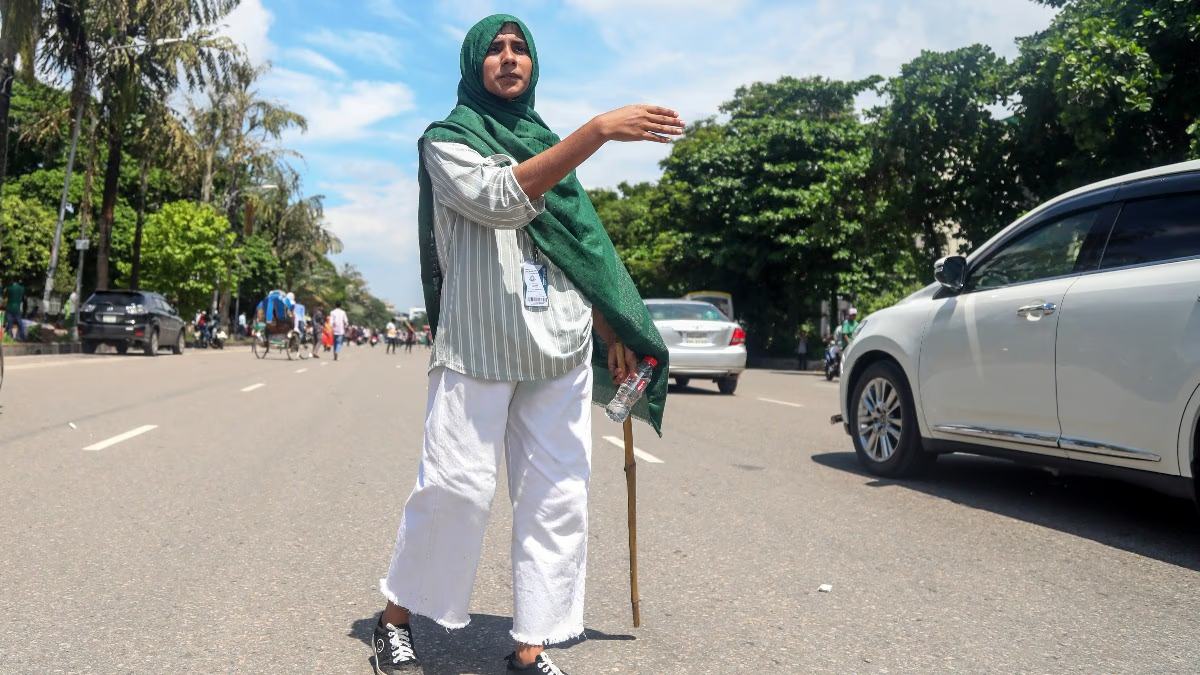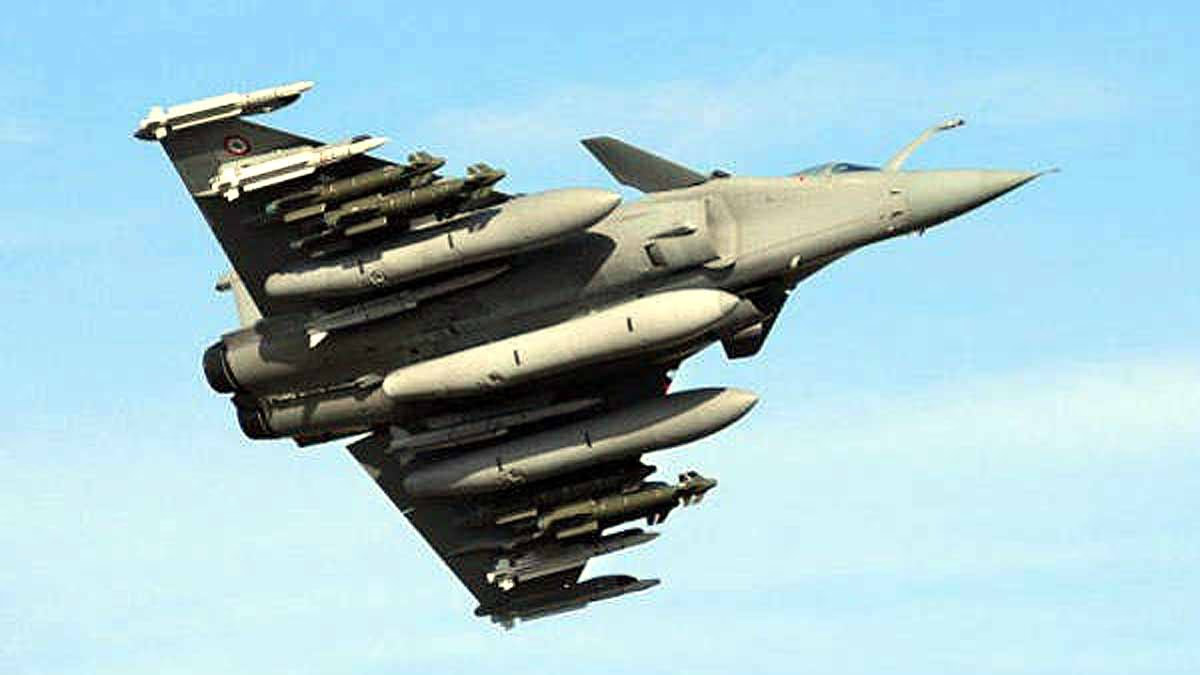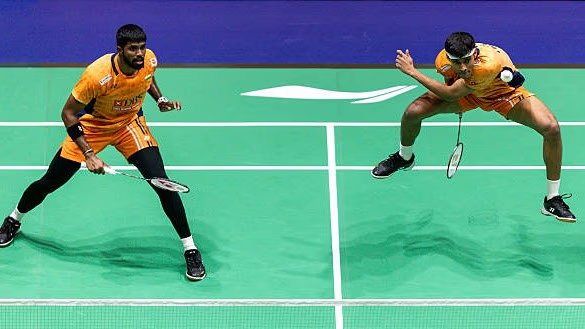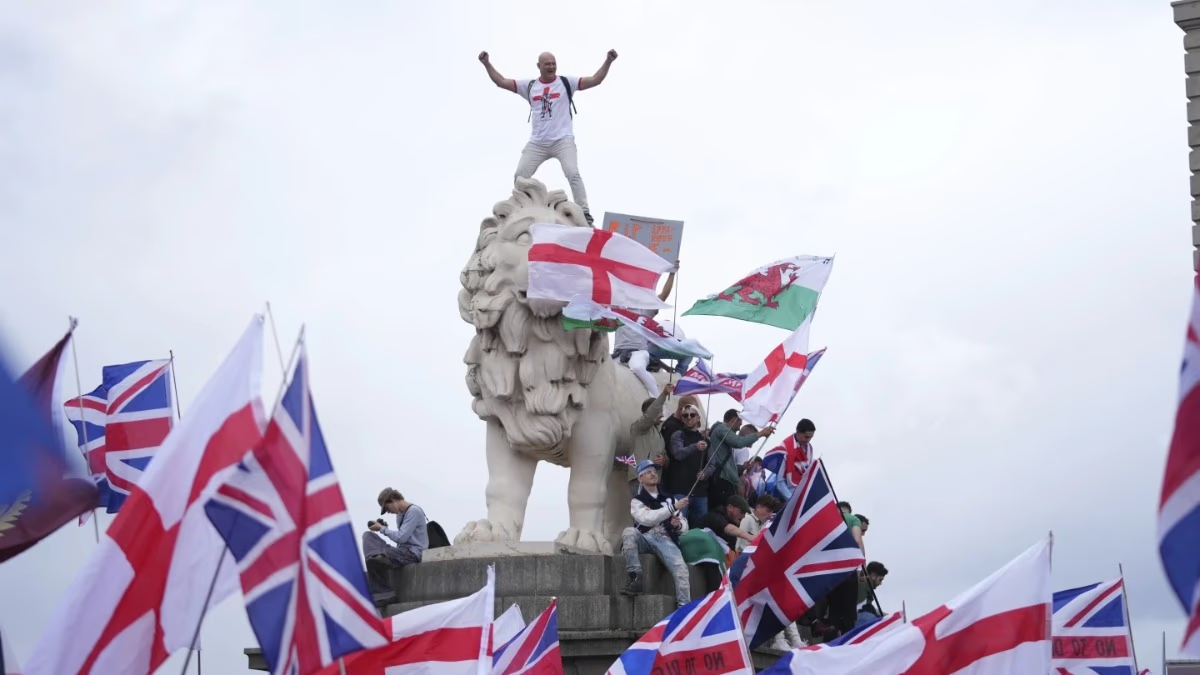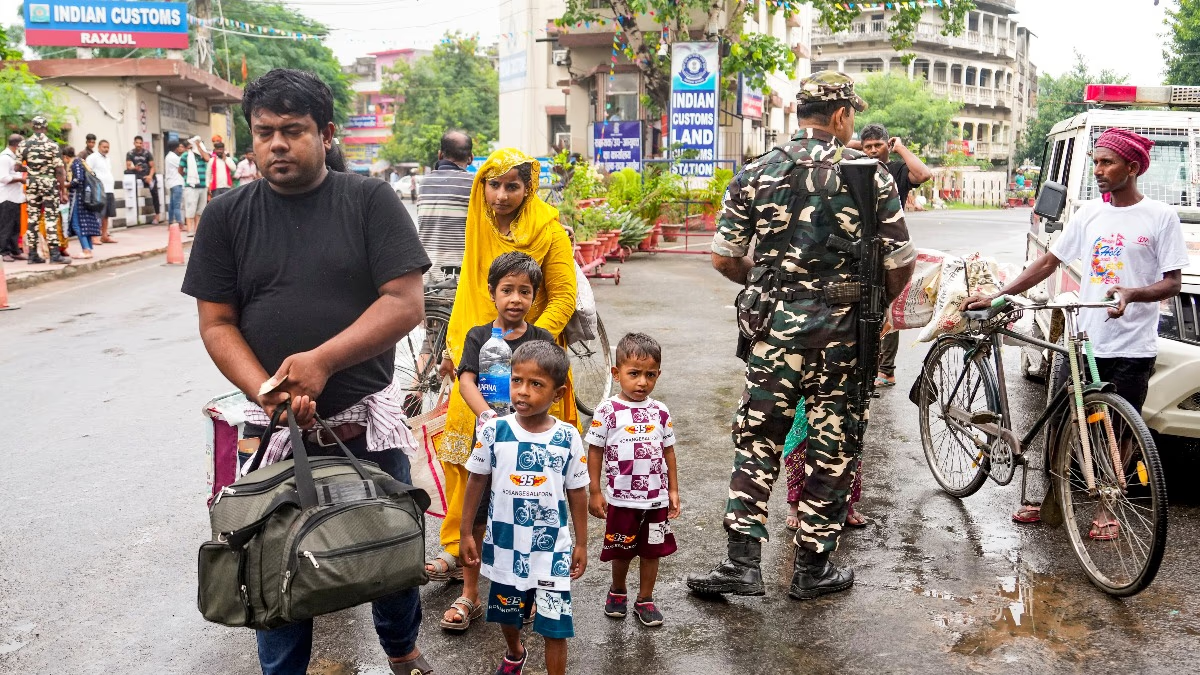The ongoing political crisis in Bangladesh has raised numerous questions among the public. The pressing question is when will the country return to normalcy. Live reporting from ground zero has revealed that life in Dhaka is gradually returning to normal, albeit slowly. Over the past 48 hours, there have been no reported attacks on Hindu minorities, but the wounds from earlier incidents remain unhealed.
Muslims in Bangladesh are also concerned that their democratic nation might lose its identity as a Bengali-speaking country under the influence of extremists. Islam Mohammad from Dhaka shared with us that he believes Bangladesh's identity lies in its people, where Hindus and Muslims coexist. However, some individuals wish to impose an Islamic state system, which they oppose.
Businessman Niaz, also based in Dhaka, feels that the country's image has been tarnished by extremists who targeted Hindus during the unrest. He asserts that many Hindus live among them and they are committed to protecting them during these hard times. The August 5 attack on the Awami League party headquarters near the President's residence, a VIP area in Dhaka, was particularly notable.
While the anger has subsided, the scars of violence and arson remain fresh. Party supporter Karim Ul Haque explained that the rioters not only vandalized the office but also looted property worth millions. Numerous parts of the building, including the office of party leader Sheikh Hasina, meeting halls, and other sections, were either set ablaze or damaged.
Amid these circumstances, the police presence on the streets has dwindled. The central police headquarters, deserted, is now guarded by the army. During the protest, police officers were pelted with stones, and the headquarters was targeted, with signs of conflict still visible. On Sunday, a few officers gathered outside the vacant headquarters, expressing their wish to return to their duties.
One officer, Karim, told us that orders to take strict action against the protestors came from Sheikh Hasina's government and senior police officials. He mentioned that following these orders resulted in the public targeting the police, forcing many officers to go into hiding. Additionally, several police stations across Bangladesh were set on fire.
Several television news channel headquarters, located in the same VIP area, also caught fire during the protests. Muslims who sheltered Hindus during the unrest were targeted as well. Saiful Islam Patwari from Feni district explained that he took several Hindus into his home for safety, which prompted local troublemakers to set his car on fire, vandalize his house, and damage his property. Saiful has since moved to Dhaka, leaving his family behind in unsafe conditions. The Hindus he sheltered have also relocated to safer areas.
The parliament of Bangladesh remains empty, with fresh signs of vandalism outside. Currently, army and navy units are guarding the parliament building. Student organizations, bearing the national flag, are maintaining security arrangements outside to prevent further breaches, ensuring that the image of Bangladesh's democracy remains unharmed.
An Awami League leader residing underground told us on the condition of anonymity that the BNP and other opposition parties fueled the unrest. He believes that Sheikh Hasina will return to Bangladesh. He mentioned that life is not the same for his family and many others like him. They are hiding because of the imminent danger to their lives. An interim government currently controls Bangladesh, but the army and young students are managing the administration. Despite the uncertainty, there is hope that conditions will improve soon.
